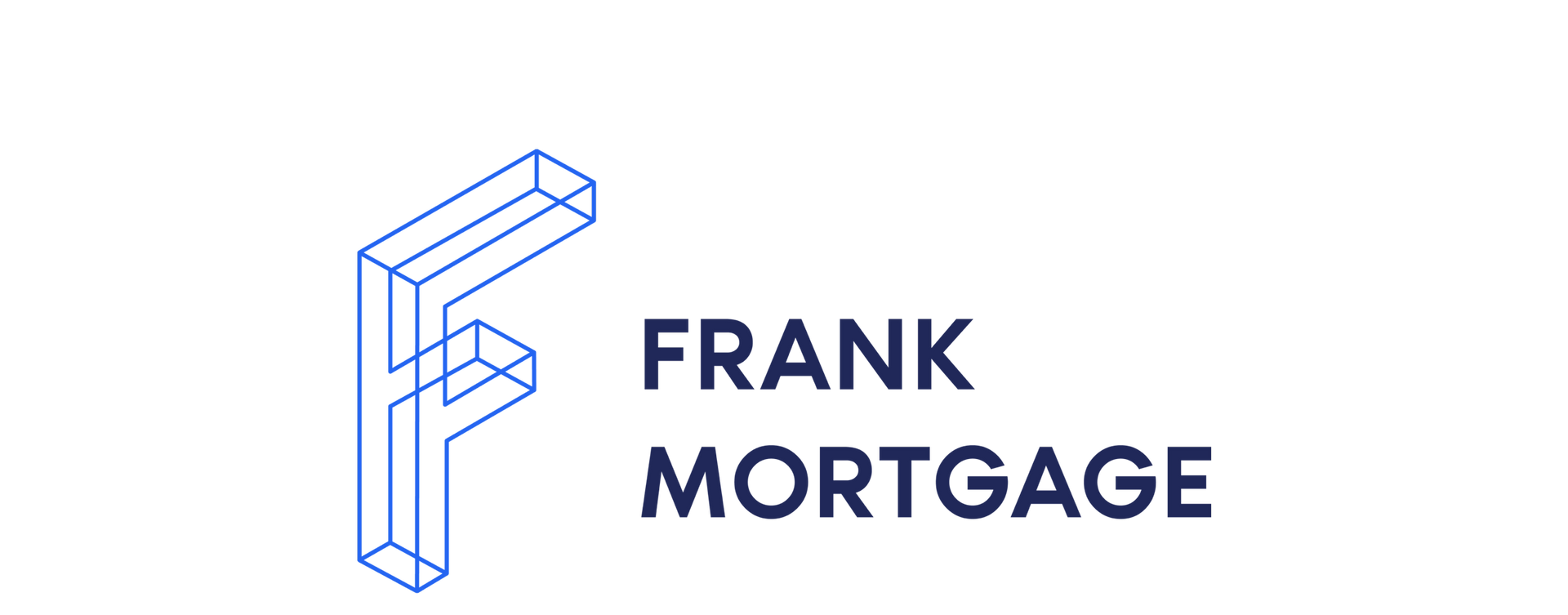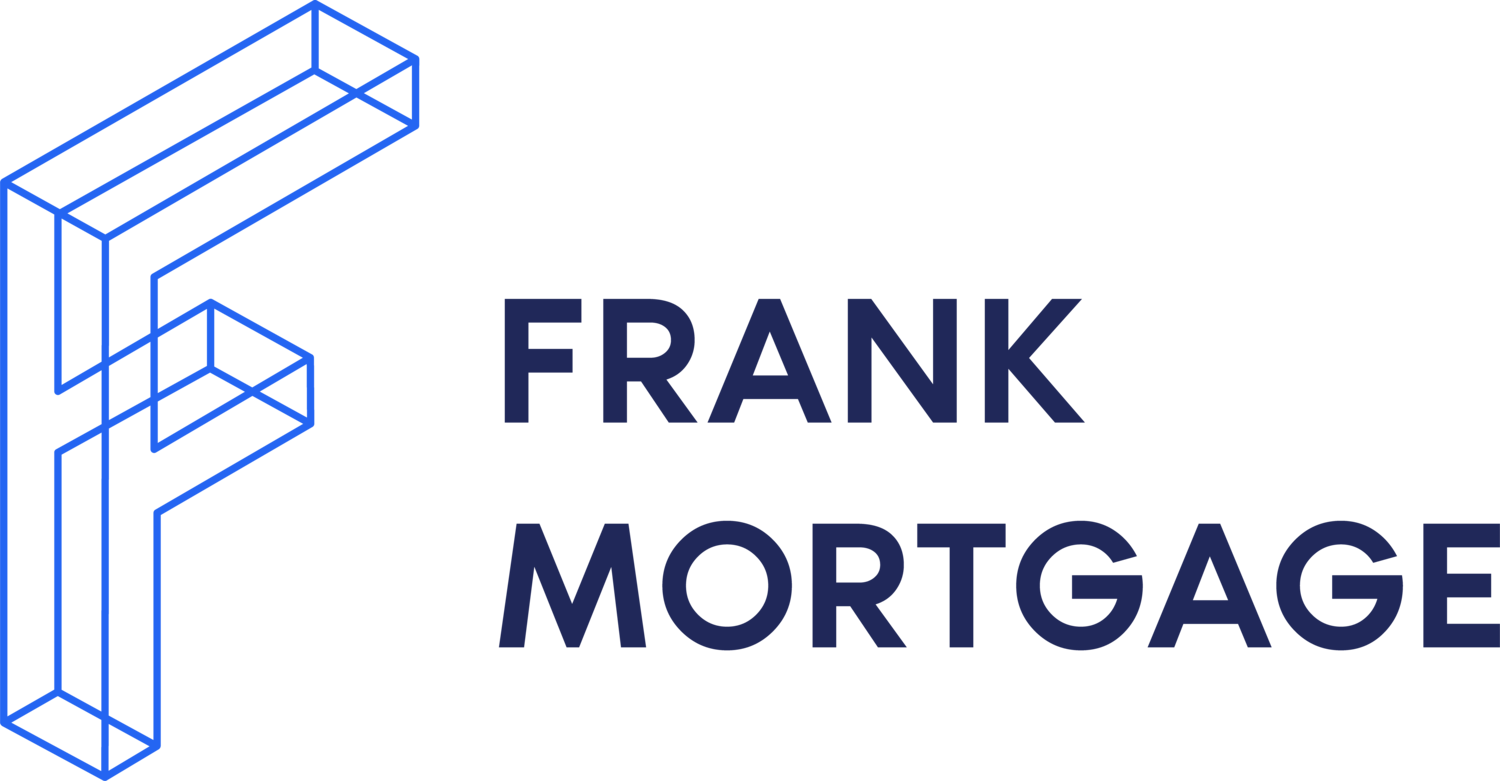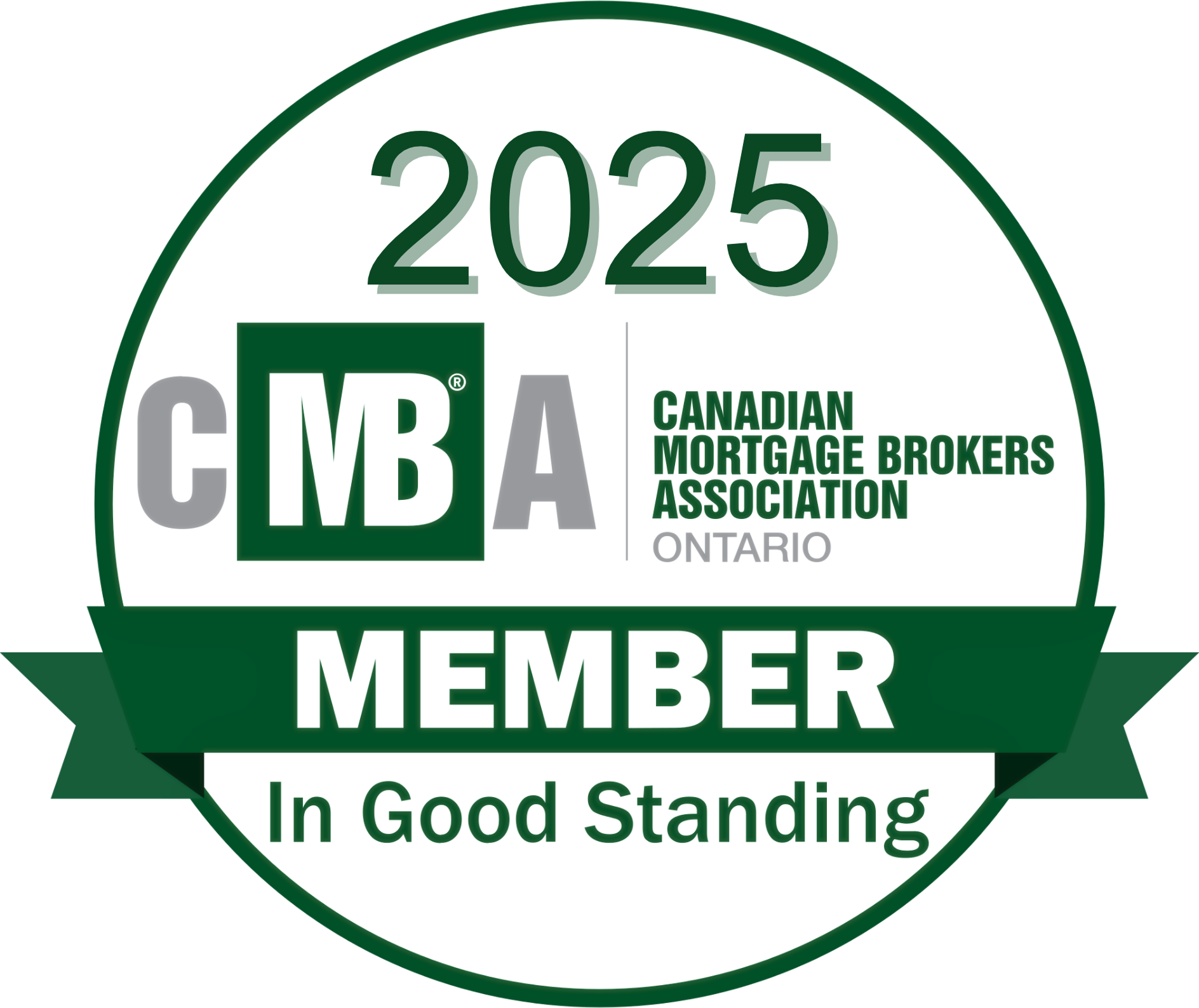What Is A Mortgage Commitment Letter? Do I Need One?
Getting a mortgage is a process that involves several key steps. One of them is getting a commitment letter from the lender. Here's all you need to know about how and when to get a commitment letter.
What Is A Mortgage Commitment Letter?
A mortgage commitment letter is a legal document your lender provides, detailing the terms of the mortgage you are approved for and outlining the conditions for receiving final approval. A home buyer can obtain a commitment letter only after they have a signed Purchase and Sale Agreement. Commitment letters are also provided to borrowers who already own their property such as those refinancing their current mortgage or restructuring their mortgage with a new lender.
A commitment letter typically includes the following information:
- Type of mortgage you're approved for
- Amount of money you're borrowing
- Interest rate
- Length of the repayment period
- Terms of the mortgage
- Expiry date
It is important to note that mortgage commitment letters are conditional and only valid for a specific period of time (up to 120 days). They are not the final approval for you to get your mortgage. You have to meet the conditions in the commitment letter before the expiry date for the lender to complete their underwriting and provide you with a final approval. Normally, these conditions include:
- Final underwriting approval
- Satisfactory home appraisal
- No change to your credit status
- Proof of homeowner’s/fire insurance
You also need to prove that you can pay closing costs and have an adequate down payment on the property.
Do You Need A Mortgage Commitment Letter?
You can make an offer to purchase a house with only a pre-approval or pre-qualification. However, when you do so you should make the offer conditional on financing to protect yourself in case you don’t get approved for a mortgage. Receiving a commitment letter is the first step in being approved by a lender. Even though a commitment letter is a conditional approval, it is a legally binding contract. A pre-approval is not a legally binding contract. Removing the financing condition from your offer should not happen before you have a legally binding agreement in place with your lender.

Better mortgage rates, better mortgage experience
How Long Does It Take To Get A Mortgage Commitment Letter?
Most lenders in the market will turn around a mortgage commitment letter request in 24 to 72 hours.
Is A Mortgage Commitment Letter Binding?
A mortgage commitment letter is a legally binding document, but you are required to satisfy the conditions. If there are no material changes to your situation or financial condition during the remainder of the mortgage process and the conditions are met, the commitment stands.
However, the lender has the right to change the mortgage terms or even decline your application after issuing the commitment letter if there are changes to your circumstances, if the appraisal doesn’t support the loan amount or any other conditions cannot be met.

How To Get A Mortgage Commitment Letter?
Whether you already have a pre-approval or not you will need to get a mortgage commitment letter for a new mortgage. You lender or broker will let you know what information and documents are needed. These may include proof of income, bank statements, identification, asset account statements, among others. The lender may also order an appraisal to confirm the value of the property.
Once the lender approves you for the mortgage commitment letter they will submit it to you for your signature. You should review all the conditions and other terms before signing. It is only effective after you have signed and returned it to the lender. In today’s market this can be done online.
What Happens After Signing a Mortgage Commitment Letter?
Once you sign the mortgage commitment letter, you enter the final stage of the mortgage process where the lender completes their final underwriting of your mortgage application. This will require you to satisfy all the conditions in the commitment letter including providing any outstanding documents the lender requires.
The lender will only conduct this final underwriting once they have all the documents and the file is considered complete. You will be notified once their underwriting is done. After this, the mortgage closing arrangements can be made. This includes providing you with documents for your review and signature. You need to have a lawyer assist with the closing, including the review of legal documents. Once done you can close the mortgage and receive the funds. You should be careful to understand the timing of the lender’s closing process and co-ordinate this carefully with your lawyer so that the funds are available on the day you need them.
To get more information about the mortgage commitment letter, call us at 1-888-850-1337 or click below to book a time to speak with an advisor.
Related Pages
About The Author

Don Scott
Don Scott is the founder of a challenger mortgage brokerage that is focused on improving access to mortgages. We can eliminate traditional biases and market restrictions through the use of technology to deliver a mortgage experience focused on the customer. Frankly, getting a mortgage doesn't have to be stressful.






